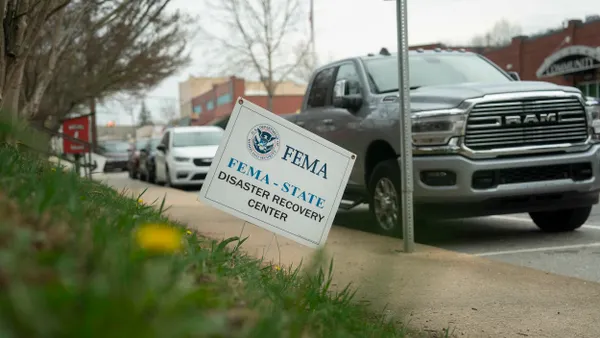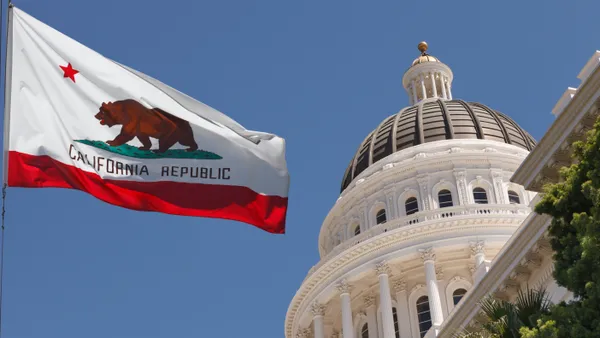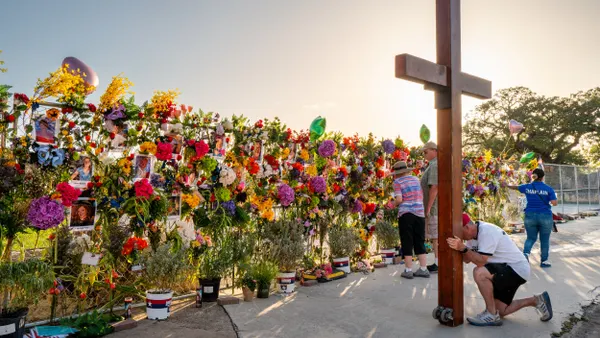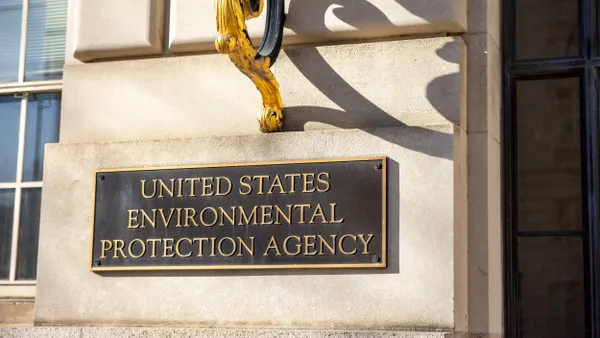Dive Brief:
- If T-Mobile can officially close its deal with Sprint, it has pledged to provide all first responders across the United States with free 5G access for 10 years through its "Connecting Heroes Initiative."
- The company said the commitment would be worth up to $7.7 billion and would be available "to EVERY first responder at EVERY public and non-profit state and local police, fire and EMS first responder agency across the entire country!" T-Mobile noted that the plans could be subject to line limits, and some areas may not be eligible if the New T-Mobile's network does not cover it.
- T-Mobile also announced it will be switching on its nationwide 5G network on Dec. 6, a move that will cover "more than 200 million Americans and more than 5,000 cities and towns across the country including millions in rural America." The network will only be available on two mobile devices: the Samsung Galaxy Note10+ 5G and the OnePlus 7T Pro 5G McLaren.
Dive Insight:
This promise is one of many bold announcements the company made last week, alongside Project 10Million, which aims to close the "homework gap" with free service and hotspots and cut-price devices, and T-Mobile Connect, the company's lowest-priced prepaid plan.
But this pledge to the nation's first responders is noteworthy as both Verizon and AT&T are also looking to provide dedicated networks for those same people. AT&T partnered with the U.S. Department of Commerce's National Telecommunications and Information Administration (NTIA) on FirstNet, a federal system designed to offer dedicated wireless network to first responders. Meanwhile, Verizon launched a rival priority service for first responders after declining to bid on the FirstNet contract with the federal government.
And this is not the first time that T-Mobile has made promises about the benefits of its merger with Sprint. CEO John Legere earlier this year pledged high-speed 5G home internet for customers, including those in rural areas, where 5G has been heralded by some as a way to close the digital divide and boost local economies.
As for the proposed deal, it received formal approval from the Federal Communications Commission (FCC) in early November on a 3-2 decision, and while a lawsuit from multiple state attorneys general could still scupper it, more states are settling with the companies and withdrawing their complaints. Last Friday, Arkansas became the ninth state to join a proposed settlement from the U.S. Department of Justice, alongside Colorado, Florida, Kansas, Louisiana, Nebraska, Ohio, Oklahoma and South Dakota.










